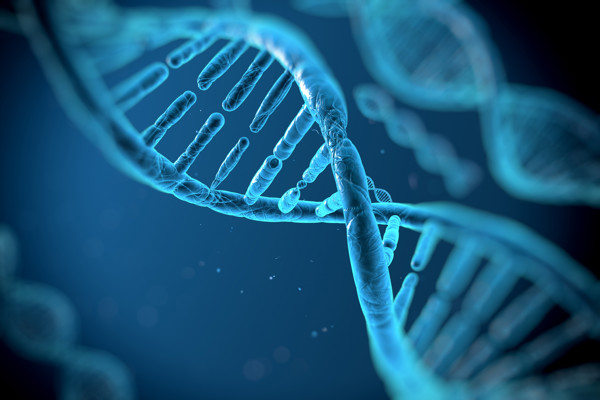World Standards Day 2021
Today, the 14th October, we celebrate World Standards Day. Documentary standards provide an agreed “best way of doing things”, based on expert knowledge and best practice from across the world. They can cover almost anything, from protecting the safety of our food, to producing reference materials, to medical devices. The availability of standards helps increase competition and foster innovation, supporting confidence in data and the decisions that they are based on.
Thousands of experts give significant time and effort each year to develop these voluntary technical agreements. At the UK National Measurement Laboratory (NML) at LGC, we contribute to around 20 ISO Standards each year, providing our advice and chemical and bio-measurement expertise across a range of sectors.
What we are doing
To mark this day, we would like to share a few examples of the way we are supporting standards development at the NML. In the molecular area in particular, new technologies are evolving rapidly and standards are playing an increasingly important role, developing best practice, ensuring the quality and consistency of data, and supporting quality assurance as new approaches are adopted more widely.
Precision medicine and in-vitro diagnostics – We are a partner in SPIDIA4P, a project that is advancing the Standards of generic pre-analytical tools and procedures for in-vitro diagnostics and has led to the development of 16 new standards over the past four years. The impact of SPIDIA4P was recognised in the recent CEN-CENELAC Standards + Innovation Awards 2021, where it won in the ‘Projects’ category. Dr. Uwe Oelmüller, the coordinator of the project said: “Patient specimen can significantly alter after collection from the body, e.g. during transport, storage and processing. This is a major error source for wrong diagnostic test results. Standards ensuring good quality patient specimen are therefore key enablers for improving diagnostics, biobanking and biomedical research”. Read more here.

Standards in genetic sequencing of microorganisms – We are leading on a project that aims to improve the quality of genetic sequencing for infection diseases. New genetic tools have revolutionised the analysis of genetic information, but they create complex measurement challenges as each laboratory may use a different approach. The standards we are developing provide guidance on best practice, covering the whole process, from sample collection and processing, isolation and sequencing of nucleic acids, to the analysis of the data and the reporting by the clinician. The standards will be useful to allow laboratories to compare and provide more accurate results, ultimately leading to better diagnostics.
International standard on cell viability proposal – ISO -TC276 Biotechnology is currently proposing an international documentary (written) standard on cell viability. Considering the complexity of the underlying biology and the diversity of applications, our team is trying to seek UK stakeholder perspectives on this possibility by circulating a survey. Find the survey here.
These are a few examples of how the NML at LGC is developing International Standards. This year’s theme for World Standards Day is “Our shared vision for a better world”, highlighting the collaborative work that goes on this process, as well as how important Standards are to improve people’s well-being and to contribute to a safer world.
